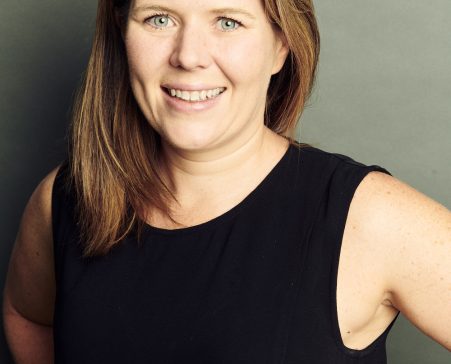Diversity of Thought Blog
The 100% Project calls men to action on gender equity
For women to be recognised for their full potential and achieve equity in the workplace, we call men to action. Research conducted by The 100% Project in 2011 and 2013 found that when men chose to embrace work-life balance initiatives, are aware of and reduce unconscious bias and spend more time at home, women will have greater opportunity to progress their career.
Men want work-life balance – and say their life as a whole is better if they get it.
- The 100% Project found that 75 percent of men expect to devote a significant amount of time to raising their children, however nearly 30 percent of men are currently not satisfied with the contribution they are making to their family.
In response, employers are offering flexible working arrangements; but are men actually taking advantage of these policies?
The 100% Project survey found that that even though 76 percent of men have needed greater work-life balance at some stage in their career, only 27 percent of men have asked for it.
- Men believe that employers look negatively on employees who take advantage of work-life balance initiatives.
- Men and women implicitly believe work-life balance is relevant and appropriate for women, not for men.
Business leaders need to raise awareness of and reduce this unconscious bias in order to make accessing these initiatives palatable to both genders.
How do work-life balances benefit the employer? Where employers offer work-life balance initiatives, male employees are more likely to work harder, even if they don’t take advantage of the programs.
- 79 percent of men who say they are engaged at work agree that their employer encourages employees to strike a balance between their work and family lives.
So how do work life-balance initiatives actually help women to progress?
- If men feel they can accept flexible working arrangements and spend more time at home, women will have more opportunity to forgo part time work in favour of full time employment, and in full time employment the employee – regardless of gender – is more likely to progress in their career.
International Women’s Day is an opportunity to start a discussion about gender equity in your workplace. We have to engage men if we are to achieve meaningful change.
The 100% Project challenges gender inequality and its negative consequences for women and men in leadership roles. We do this by conducting, making sense of and sharing gender diversity research via partnerships with organisations to provide practical solutions to improve all organisations. We do this so that every woman and man has the same choice to fully contribute to their workplace, family and community.

